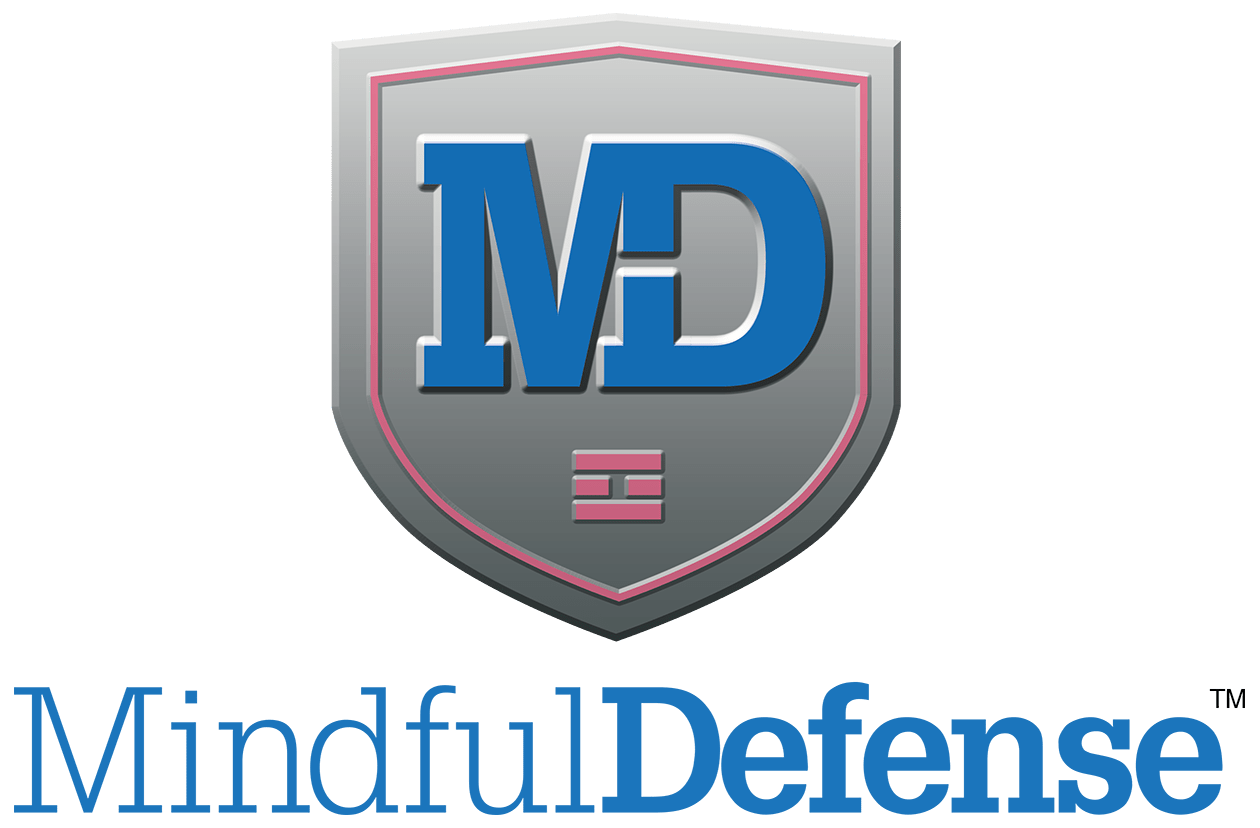Who is this Course For?

Ages 12 & Up
Adolescents benefit from self-defense training.
- Develop Awareness
- Navigate School/Social Settings
- Resist Peer Pressure/Bullying
Students
Students encounter diverse environments where they may face bullying, harassment, theft, assault and campus crimes.
- Stay safe during commutes or on campus
- Critical skillesfor handling emergencies when living independently for the first time.


Travelers
Stay safe in unfamiliar places.
- Adapt to different cultural and situational contexts.
- Protect against theft, scams, or assault in foreign or domestic destinations.
- Stay calm and act effectively in emergencies, such as getting lost or encountering unsafe areas.
Moms
Mothers play a dual role in protecting themselves and their families.
- Become empowered to ensure children’s safety.
- Respond effectively in high-pressure situations, such as potential kidnappings or home invasions.
- Serve as role models, teaching children the importance of safety & confidence


All Lifestyles
People from diverse lifestyles face unique challenges and risks, whether living in urban, suburban, or rural areas.
- Build confidence & situational awareness in everyday activities.
- Protect oneself and others during unforeseen circumstances.
- Develop physical fitness and mental resilience through training.

Ages 12 & Up
Lorem ipsum dolor sit amet, consectetur adipiscing elit. Ut elit tellus, luctus nec ullamcorper mattis, pulvinar dapibus leo.

Students
Lorem ipsum dolor sit amet, consectetur adipiscing elit. Ut elit tellus, luctus nec ullamcorper mattis, pulvinar dapibus leo.

Travelers
Lorem ipsum dolor sit amet, consectetur adipiscing elit. Ut elit tellus, luctus nec ullamcorper mattis, pulvinar dapibus leo.

Moms
Lorem ipsum dolor sit amet, consectetur adipiscing elit. Ut elit tellus, luctus nec ullamcorper mattis, pulvinar dapibus leo.

All Lifestyles
Lorem ipsum dolor sit amet, consectetur adipiscing elit. Ut elit tellus, luctus nec ullamcorper mattis, pulvinar dapibus leo.
Introduction
Self-defense is a crucial skill that empowers individuals to protect themselves and others in dangerous situations. It is not just about physical techniques; it also involves awareness, confidence, and preparedness. In this lesson, we will explore why learning self-defense is important and who can benefit from it.
Why Is Self-Defense Important?
Personal Safety – One of the primary reasons for learning self-defense is to enhance personal safety. Whether walking alone at night or facing unexpected threats, having self-defense skills can help individuals react effectively.
Increased Confidence – Knowing how to defend oneself fosters confidence and a sense of control in various environments, reducing fear and anxiety.
Situational Awareness – Self-defense training improves awareness of surroundings, helping individuals recognize and avoid potentially dangerous situations before they escalate.
Physical Fitness – Many self-defense techniques incorporate physical activity, improving strength, agility, and overall health.
Protection of Loved Ones – Learning self-defense is not just for personal safety but also for protecting family and friends in times of need.
Legal and Ethical Understanding – A good self-defense course teaches not only physical techniques but also legal aspects, ensuring individuals know when and how to use force responsibly.
Who Should Learn Self-Defense?
Self-defense is beneficial for everyone, regardless of age, gender, or background. Below are some groups that can particularly benefit from self-defense training:
Women and Girls – Statistically more vulnerable to certain types of attacks, self-defense training provides them with techniques to deter and defend against threats.
Children and Teens – Learning basic self-defense and awareness from a young age helps children stay safe and build confidence.
Elderly Individuals – While they may not engage in high-intensity combat, self-defense training can help with balance, mobility, and simple yet effective techniques for protection.
College Students – Often living away from home for the first time, students can benefit from knowing how to stay safe on and off campus.
Professionals in High-Risk Jobs – Police officers, security personnel, healthcare workers, and other professionals may face physical threats and should be prepared.
Anyone Interested in Personal Growth – Self-defense is a valuable life skill that contributes to personal development and mental resilience.
Conclusion
Self-defense is an essential skill that enhances personal safety, confidence, and awareness. It is a valuable practice for people from all walks of life. Whether you are looking to protect yourself, your loved ones, or simply gain a greater sense of security, learning self-defense can be a life-changing decision.
Next Steps
Consider enrolling in a self-defense course or martial arts class.
Practice situational awareness in your daily routine.
Explore resources on legal rights and responsibilities related to self-defense.
